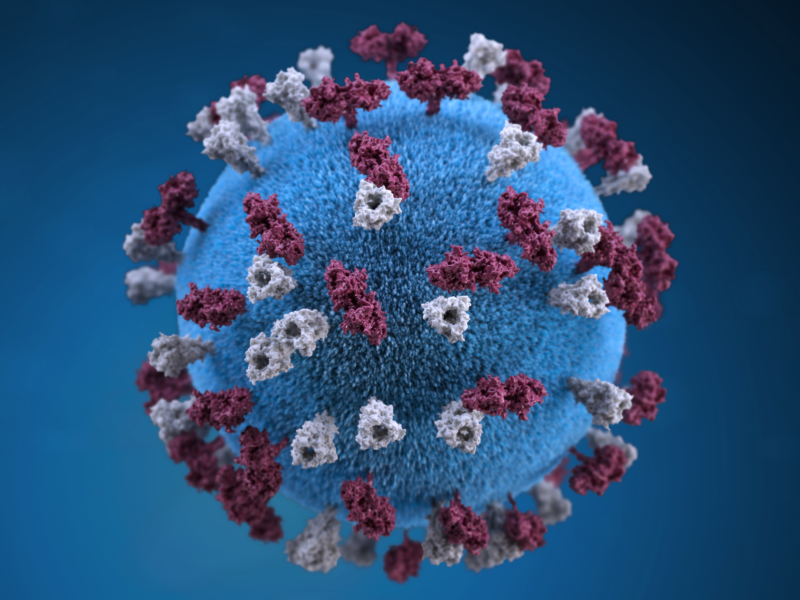E. coli infection has claimed the lives of two infants in Wales. The infants died at Singleton Hospital in Swansea, South Wales. One infant was described as “very premature” and acquired the infection while in the neonatal unit. The second infant is believed to have been infected by its mother, who tested positive for a different sub-type of the E. coli bacteria. A third infant has been identified as infected but not symptomatic; authorities are awaiting test results to determine the sub-type of the third infection.
The bacteria in question are extended-spectrum beta-lactamase producing Escherichia coli, abbreviated as ESBL E. coli. ESBLs are enzymes produced by certain bacteria that make the bacteria resistant to many antibiotics. This in turn makes it much harder to treat the bacterial infection.
E. coli is a very common bacterium that normally lives harmlessly in the human digestive system. However, it can cause serious infection in vulnerable populations such as the elderly or premature infants.
In response to the infections, Singleton Hospital announced it has deep cleaned the relevant hospital units and restricted the neonatal unit to full-term babies, who are less susceptible to the infection. So far, the equipment in all units has tested negative for E. coli; a spokesperson for the hospital said it is possible they may never know how the infection spread.
ESBL E. coli is not the same E. coli responsible for foodborne illness, such as this summer’s outbreak in Germany. The E. coli that causes food poisoning is a different strain, known as E. coli O157, which results in severe gastrointestinal illness. By contrast, ESBL E. coli often occurs as a urinary tract infection or a serious blood infection.
ESBLs were first found in the 1980s in Klebsiella bacteria and were usually confined to patients in intensive care units of hospitals. In recent years, ESBLs have been detected in E. coli bacteria and have also appeared as community-acquired infections. ESBL E. coli is a serious public health problem that must be carefully monitored. Control efforts include hand washing, patient isolation and discretion in the prescription of antibiotics.
Links:
http://www.news-medical.net/news/2007/09/24/30253.aspx
http://www.telegraph.co.uk/health/healthnews/8916835/E.coli-outbreak-third-baby-infected.html
http://www.healthmap.org/news/e-coli-spreads-northern-germany

